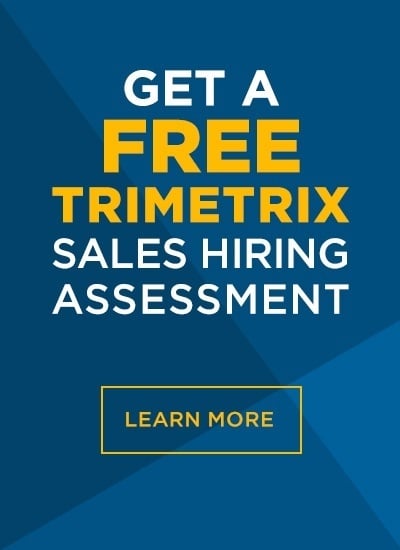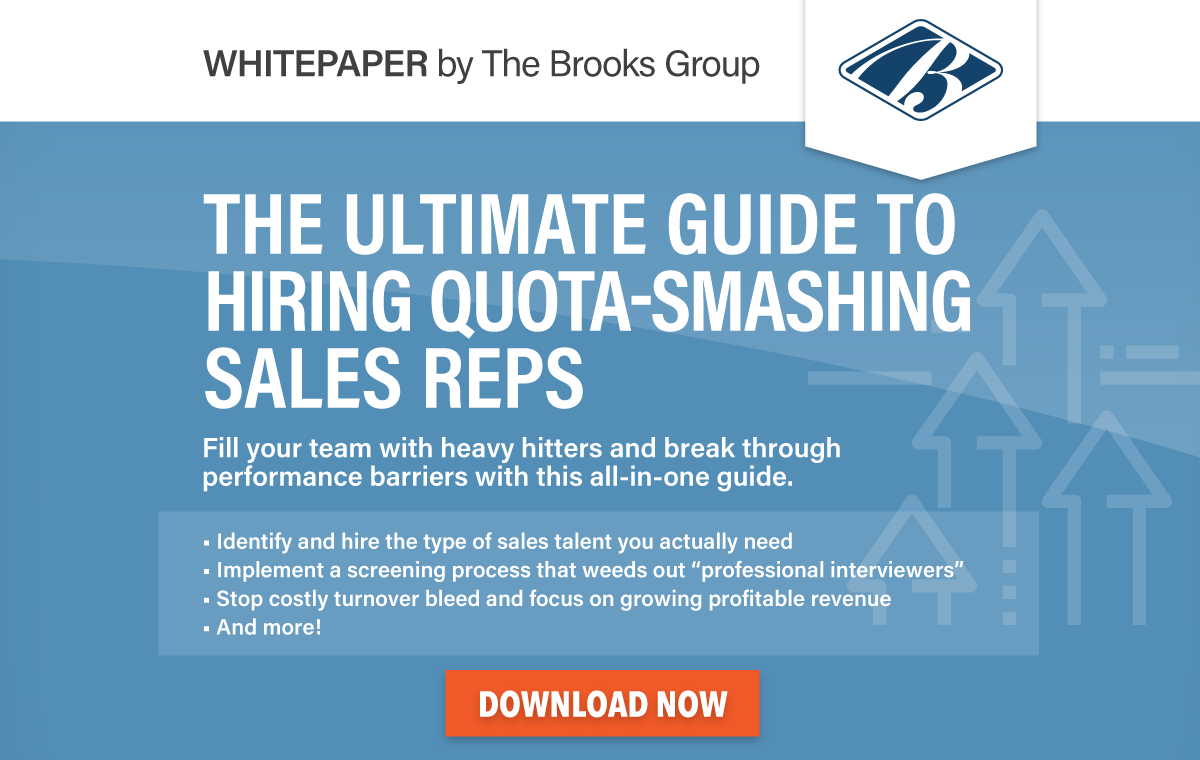
Turnover in a sales force is normal and to be expected. Zero turnover is bad but if you’re experiencing exorbitantly high sales turnover, it’s even worse.
Sales organizations, like any other organization made up of human beings, will experience personnel change. With people changing not only jobs, but entire careers multiple times in their lives, this is to be accepted, anticipated and factored into the equation. Too radical a situation at either end of the spectrum is a real cause for concern.
Several years ago we were working with a senior sales officer for an organization with over 3,000 sales representatives spread all across America and he was experiencing enormously high sales turnover. It was in the insurance sales industry where the frequent ebb and flow of salespeople is rampant.
Being in this role and in this industry gave him the opportunity to see firsthand the effect that exorbitantly high sales turnover has on an organization. And it woke him up to the problems that an 85% plus annual turnover can create.
In fact, one day, one of his sales executives made the statement, “We’re not in the insurance business, we’re in the recruiting business.” His response? “We should be in the selection, training and retention business…that will then allow us to be in the insurance business.” And he was right. What are just some of the problems of too high a turnover?
6 Problems Caused By High Sales Turnover
1. Poor image among prospects and customers.
They ask, “Who’s handling my account now?” What do you think this costs you in terms of shaken confidence in your company? Additionally, the perceived emotional cost to the customer each time they have to meet a new salesperson may drive them to evaluate the competition.
2. No capacity to provide advanced, meaningful, significant training.
When you’re turning reps over left and right, your ability to train your new hires on anything other than introductory material about your company, products and services is significantly limited. Consequently, you will be incapable of training and coaching more advanced tactics what will increase revenue.
3. A competitive advantage for your competition.
When you’re constantly focusing on onboarding and orienting, reps can’t focus on the most important thing…their prospects and customers. You know who can? The competition.
4. Poor image in the marketplace of potential job applicants.
If your organization is seen as unstable or incapable of retaining talent, the likelihood of strong players applying for your open positions diminishes greatly.
5. Low salesperson morale and loyalty.
Ok. So your top salespeople keep looking left and right a see their colleagues dropping like flies. You know what they’re doing? Getting their resumes together.
6. Inadequate career planning.
If you can’t keep reps for longer than 3 – 6 months, then how are you going to devise a sound strategy for career mapping and promotions? You can’t. Needless to say, there are many more problems that high sales turnover will cause. These are but a few. The solution? Create a consistent, proven strategy for attracting, onboarding, training and retaining top sales talent. An ad hoc process will only yield more frustration – and high sales turnover.





